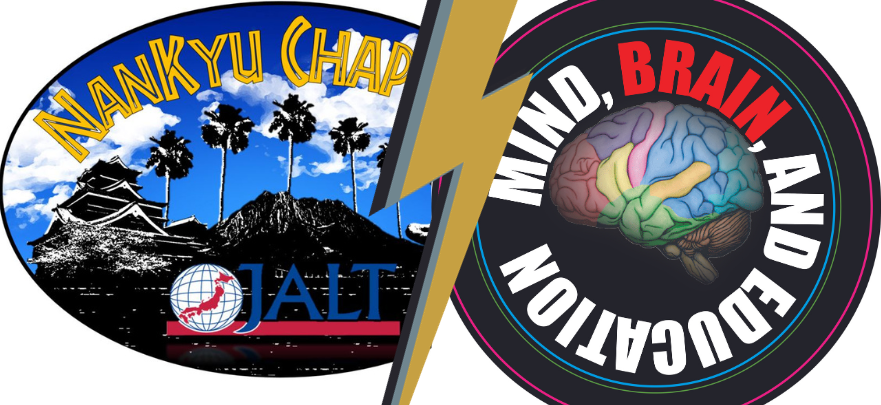Description
It can be easy for teachers to assume that if they have the correct method, correct approach, and motivated students that learning will take place. However, even with all these things in place, sometimes the most dedicated of learners may show signs of demotivation or slow progress. The core of this problem may be because of both hard-wired cognitive limitations common to all learners and cognitive patterns that have developed due to previous educational experiences. This may be seen most clearly in the transition from high school to university, in which students may be expected to undertake a sudden change from primarily Japanese-led classes to English-only classes. Cognitive theories may offer some insight into the reasons why this causes problems for certain students. In particular, there may be some cognitive limitations that university lecturers have perhaps not taken into consideration. In this presentation, I will look at the problem of cognitive limitations using Anderson’s ACT theory (2002). I will look at how this theory may suggest some cognitive limitations for students in the transition from high school to university. I will then look at how this may manifest as problems in the English classroom at universities. I will finally offer some possible solutions.

